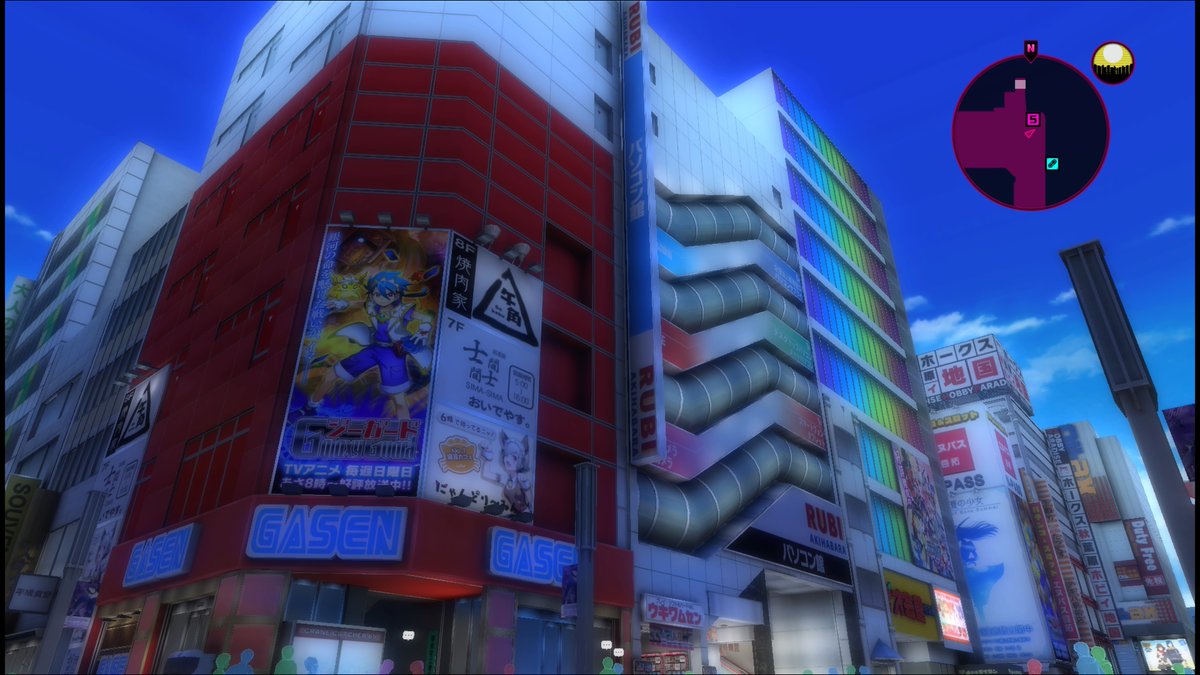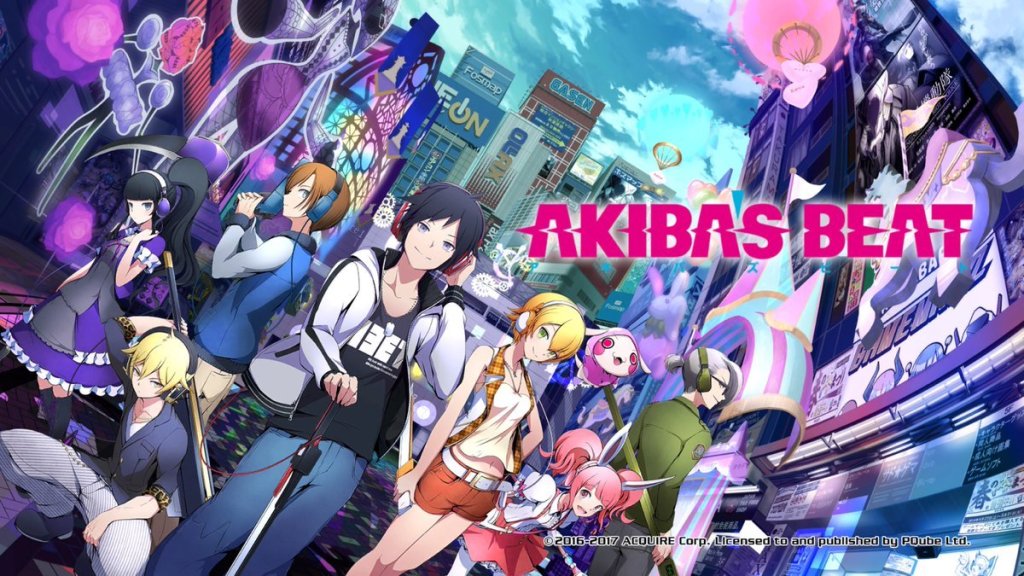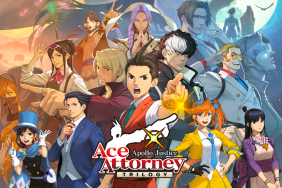The early hours of Akiba‘s Beat, a new role-playing game by Acquire, had me feeling as if I had been down this road before. After all, if I were to tell somebody that I was playing an RPG starring teenagers that deals with them changing the twisted thoughts of others, they’d probably assume I was still playing Persona 5. It’s unavoidable that the two games get mentioned in the same breath, as their thematic similarities are startling.
These comparisons are unfortunate. Despite being a huge step up from the disastrous Akiba’s Trip (of which the game is a spiritual successor to), Acquire’s latest can’t compete with one of the best role-playing games of the past decade from either a gameplay or story standpoint. That’s not to say there aren’t positives about the game, but the thought of “who exactly would choose to play this?” was consistently in the back of my mind while playing through the early chapters.
That line of thought mostly subsided as I got deeper into the rather lengthy role-playing game. Once Akiba’s Beat started to put its own spin on the themes of delusions, dreams, and selfishness, things got much more intriguing. One of the most interesting hooks of the game is that the characters are essentially stuck in a time loop, similar to the film Groundhog’s Day. This repeating Sunday is due to the delusions of Akihabara’s citizens, and it’s up to a ragtag group of anime archetypes to figure out a way to end it.

Character Work
One of the major reasons that Akiba’s Beat was a chore to get into was due to how unlikable the cast were at first. There’s little substance to the characters that would make them stand out, and they feel like they could’ve been from any slice of life anime. There’s the protagonist, a jobless “NEET”named Asahi, who has no respect for anyone’s time, a tough-faced “chuuni” that can’t come to terms with their own feelings, and so on. Not helping the matter was the localization, which is filled with corny jokes and endless references to nerd culture.
I did eventually come around to liking most of the characters, although this came after I had endured over a dozen hours of obnoxious dialogue. This change in perspective can be attributed to character development that occurs in the game’s various side-missions, and probably a little bit of Stockholm Syndrome. After all, if you’re going to be dealing with characters for over 40 hours, you’ll try your hardest to grasp onto any positives.
Other positives come in the form of some late game story beats, where the characters go from mindlessly ending the delusions of people to questioning whether or not they should be meddling in the lives of others. It’s these moments where the story finally becomes interesting, as it credits some of history’s greatest inventions to delusions. For example, flight was born out of the Wright brothers’ delusion of wanting to fly. Are they fixing things, or inhibiting potential growth? That’s a question that Asahi and his friends must come to grips to. The story may not be enlightening, but it’s at least an interesting enough topic to ponder for a few hours.
Tales of Boredom
The story of Akiba’s Beat may eventually turn into something worthwhile, but the same can’t be said for the gameplay. The action-RPG attempts to imitate the combat from Namco’s Tales series, but the action feels far too clunky here. There’s a few neat system ideas, such as the Imagine Gauge, which allows players to start blasting damage boosting music during a fight, but I can’t say I ever enjoyed getting into fights.
One of the main reasons why the action feels so dull is due to enemies having an incredible amount of health. Boss fights often took almost 10 minutes of me repeatedly mashing the square button to do combo attacks, building up stamina so I could use my special abilities, and then using them up. Almost every battle was that exact same strategy, and there was never a need to change it up since the same handful of enemy types appear throughout the game. The only times the game really required my attention was when it would inexplicably limit my party selection, like during the final dungeon where it made my healer face off against a group of enemies by herself.
Not helping things are the game’s unimaginative dungeon designs, which players will have to see multiple times due to the game constantly finding reasons for players to retrace their steps. Occasionally there’ll be light puzzle solving in a dungeon, which consists entirely of hitting a switch to open a locked door, but it’s mostly just running from an enemy-filled floor to the next until they reach the top where a boss fight occurs. It’s formulaic in the worst of ways.
The one saving grace is the moments outside the dungeons, where the player gets to explore an alternate version of Akihabara. While Akiba’s Beat lacks the likeness rights of the iconic stores that adorn the “Electric Town,” it’s still easy to spot Club SEGA, and other landmarks. This experience isn’t perfect, as the town is split into areas that require a loading screen in between them, but I didn’t mind doing the legwork around town that would eventually lead to the mediocre dungeons.
Flawed Mix
Akiba’s Beat is in a strange position, having been released right after two other Japanese role-playing games dealt with very similar topics. While it doesn’t have strong enough writing to eclipse these titles, it does feature a few story beats that keep it from being a D-grade Persona. From a combat perspective, the game feels like a Tales game, but without any of the polish. There’s room for improvement in practically every area, but it’s still a decent RPG that is worth playing for those that somehow ran out of RPGs in their backlog.
Review code for Akiba’s Beat provided by the publisher. Reviewed on PS4 Pro. For more information on scoring, please read our Review Policy here.
-
Some interesting story beats
-
Exploring the Electric Town is fun
-
Characters eventually are worth caring about
-
Dull combat
-
Excruciatingly slow start
-
Battles go on too long
Akiba's Beat Review
-
Akiba's Beat
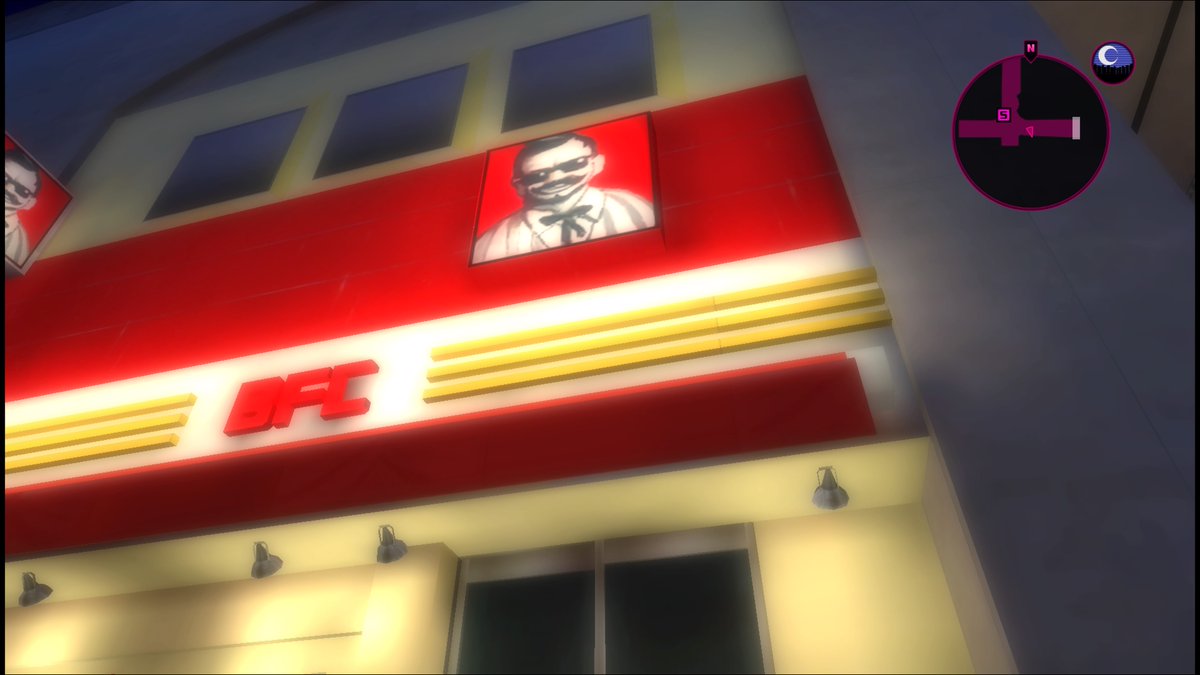
-
Akiba's Beat
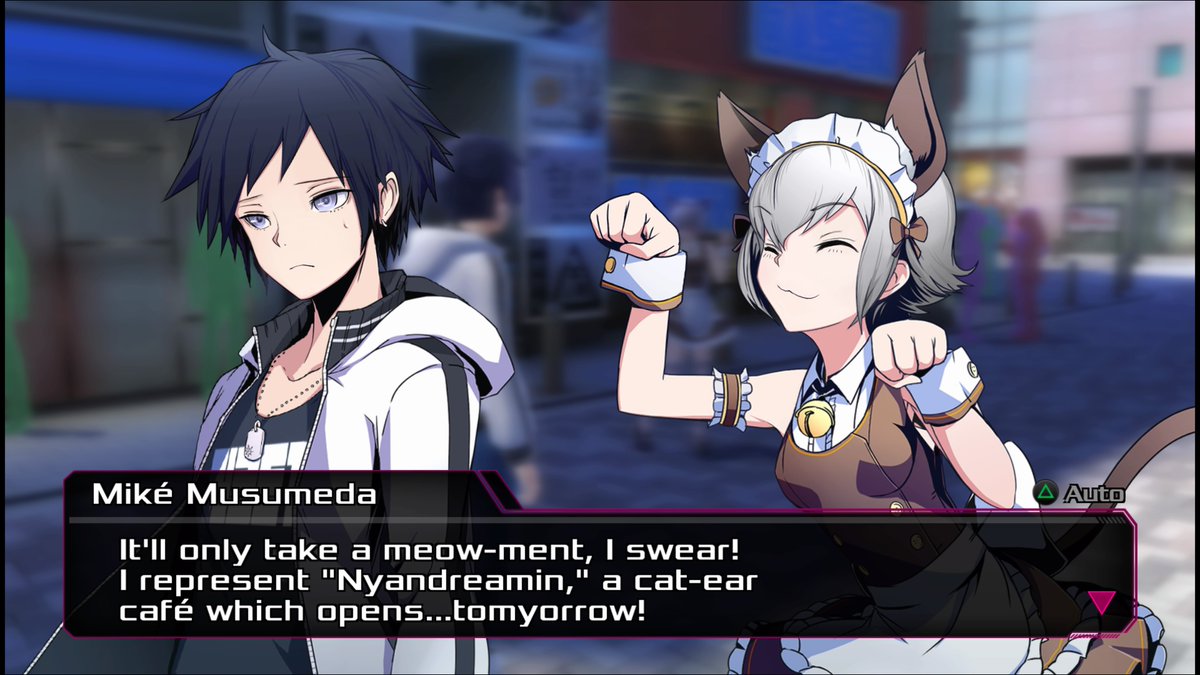
-
Akiba's Beat
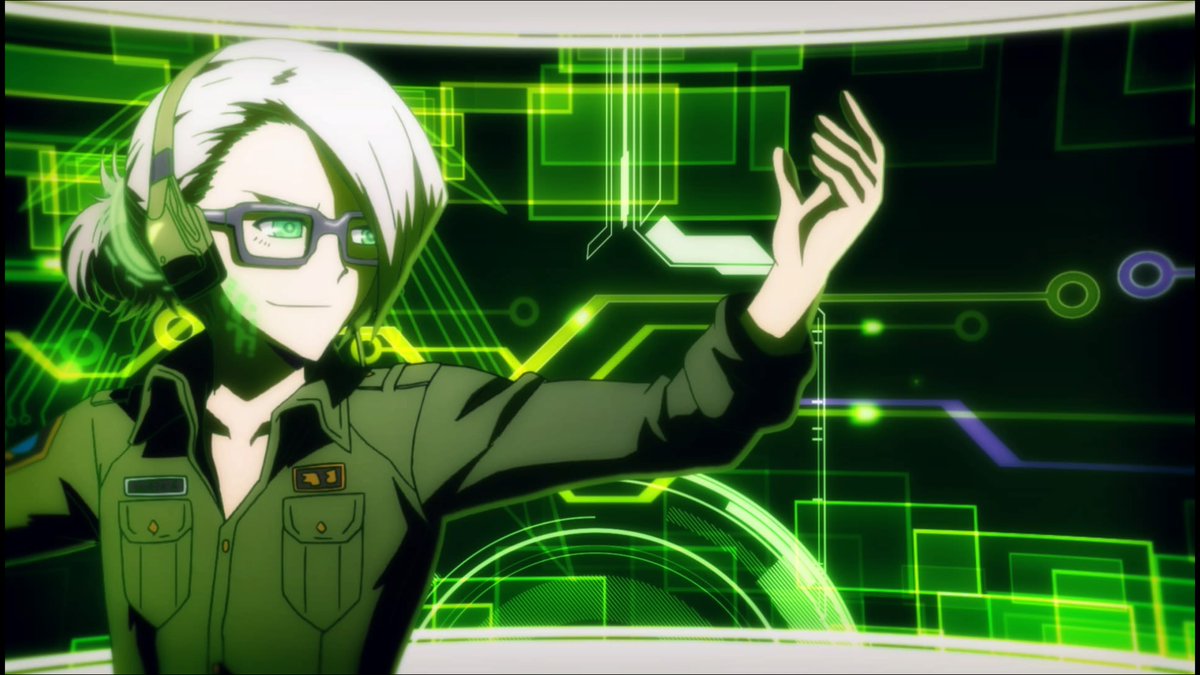
-
Akiba's Beat
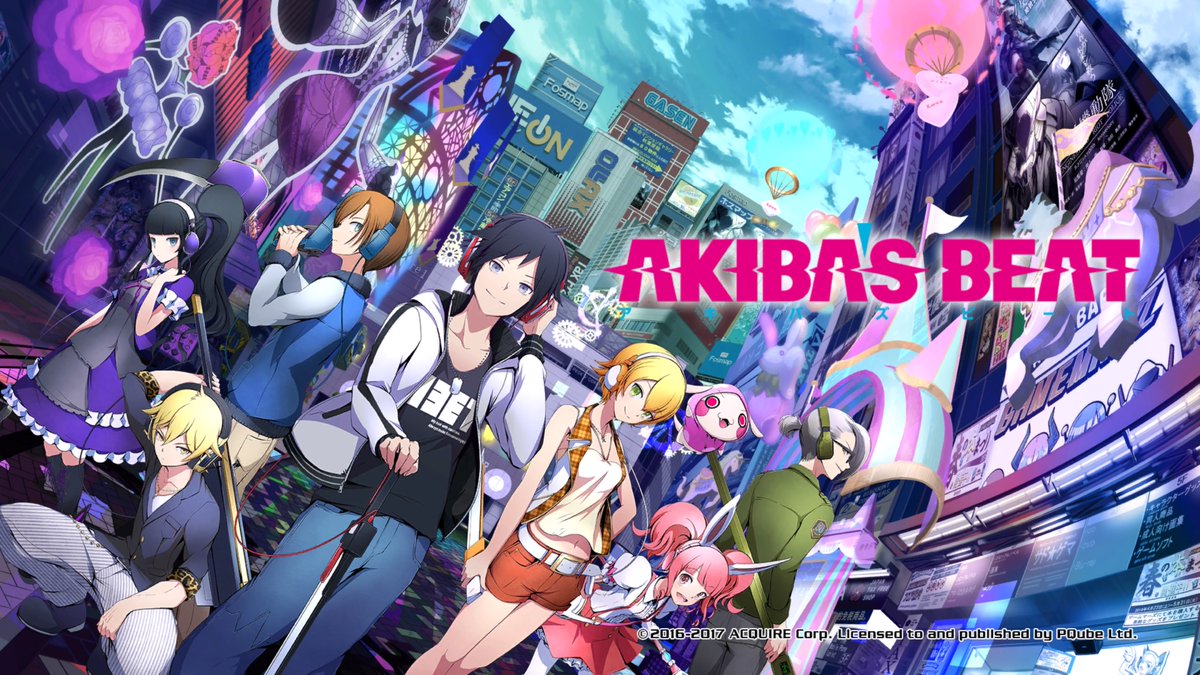
-
Akiba's Beat
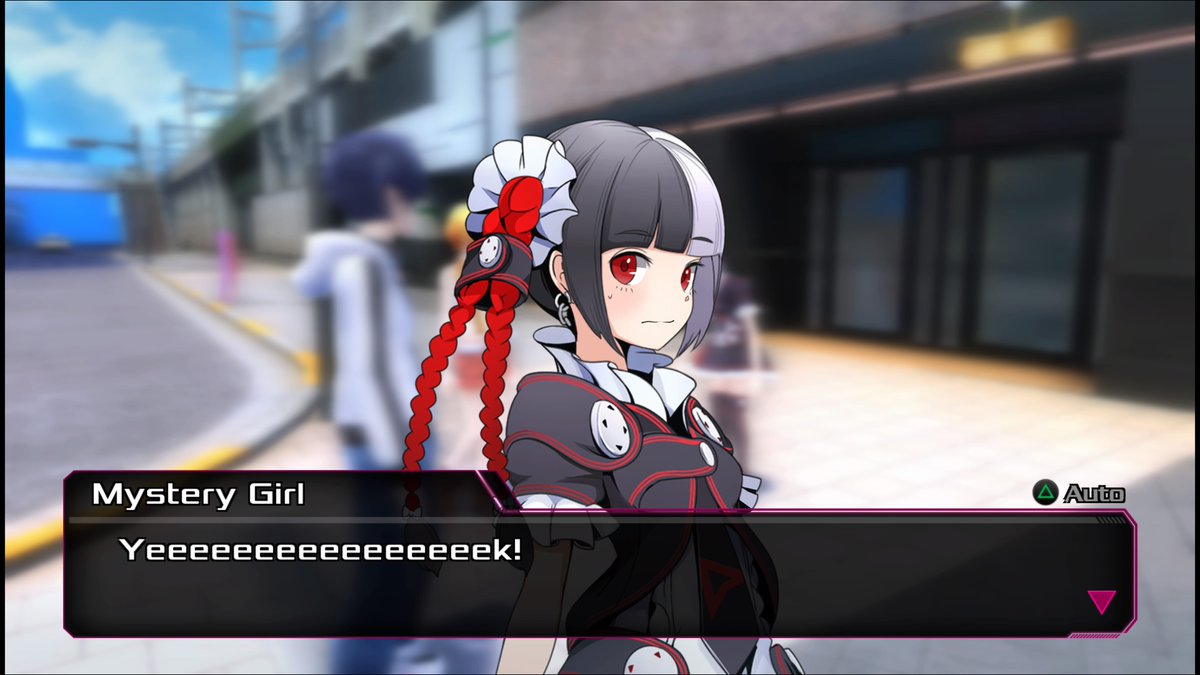
-
Akiba's Beat
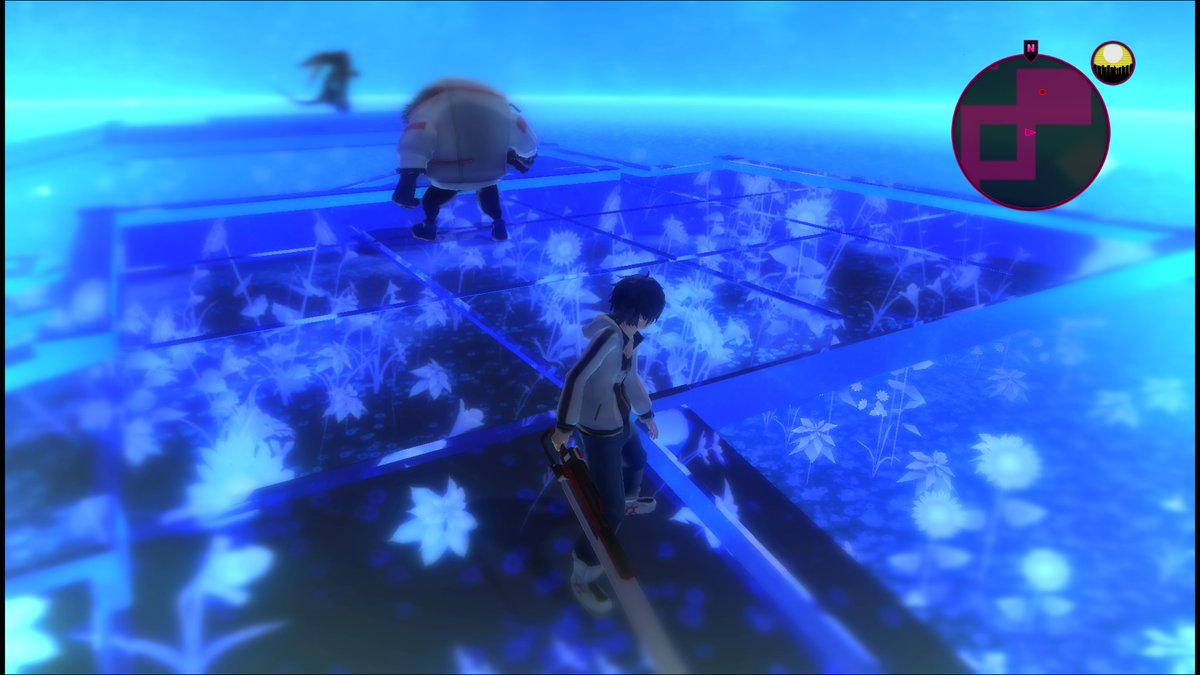
-
Akiba's Beat
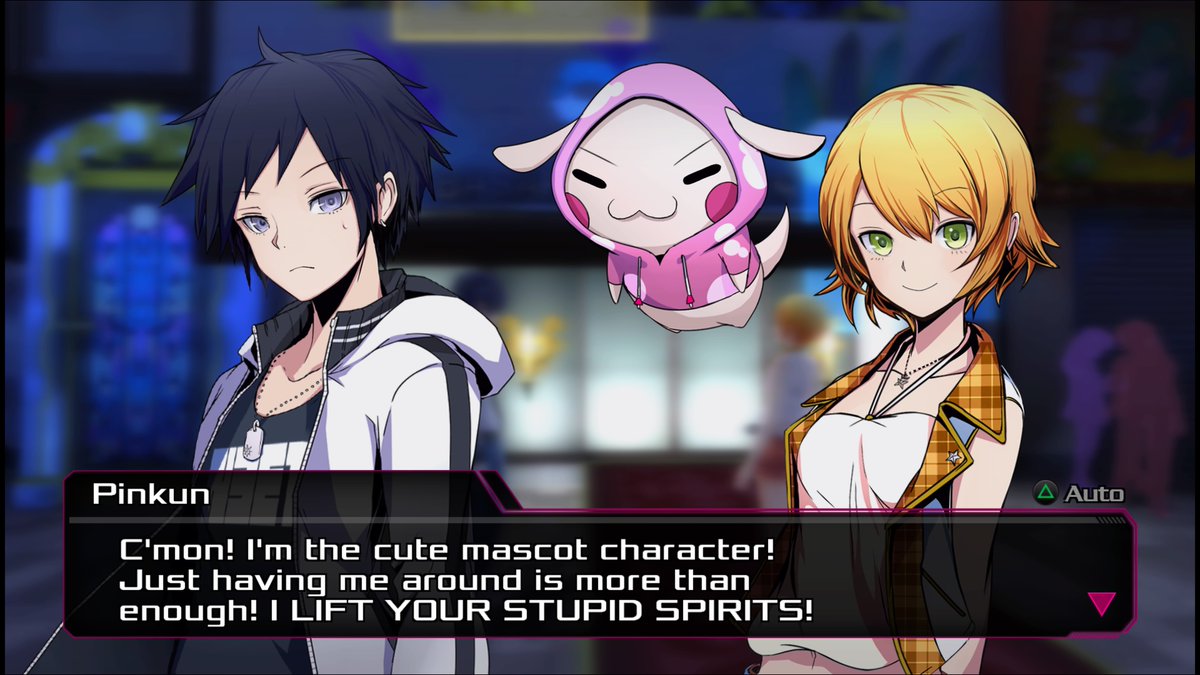
-
Akiba's Beat
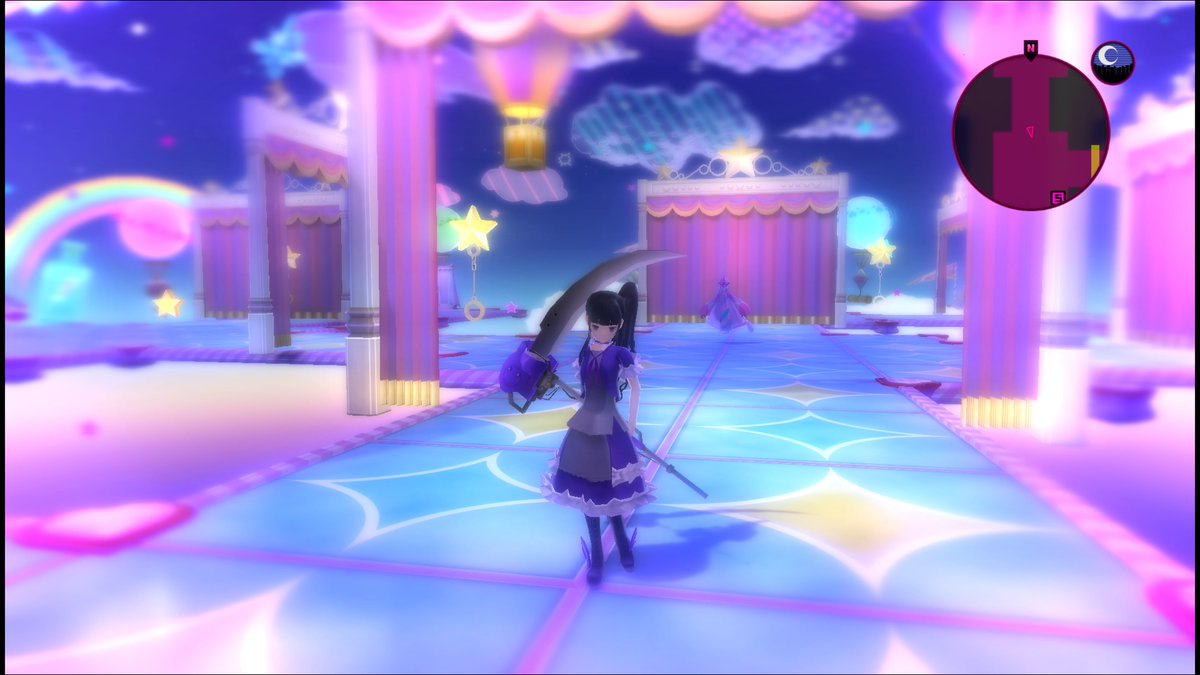
-
Akiba's Beat
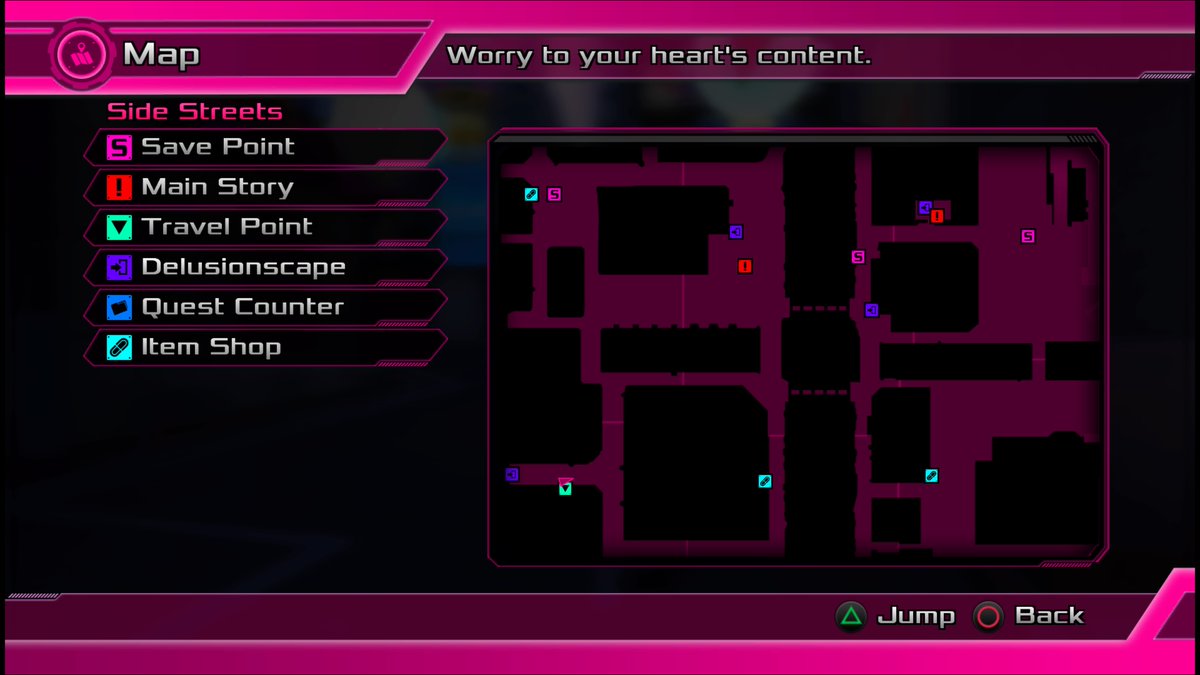
-
Akiba's Beat
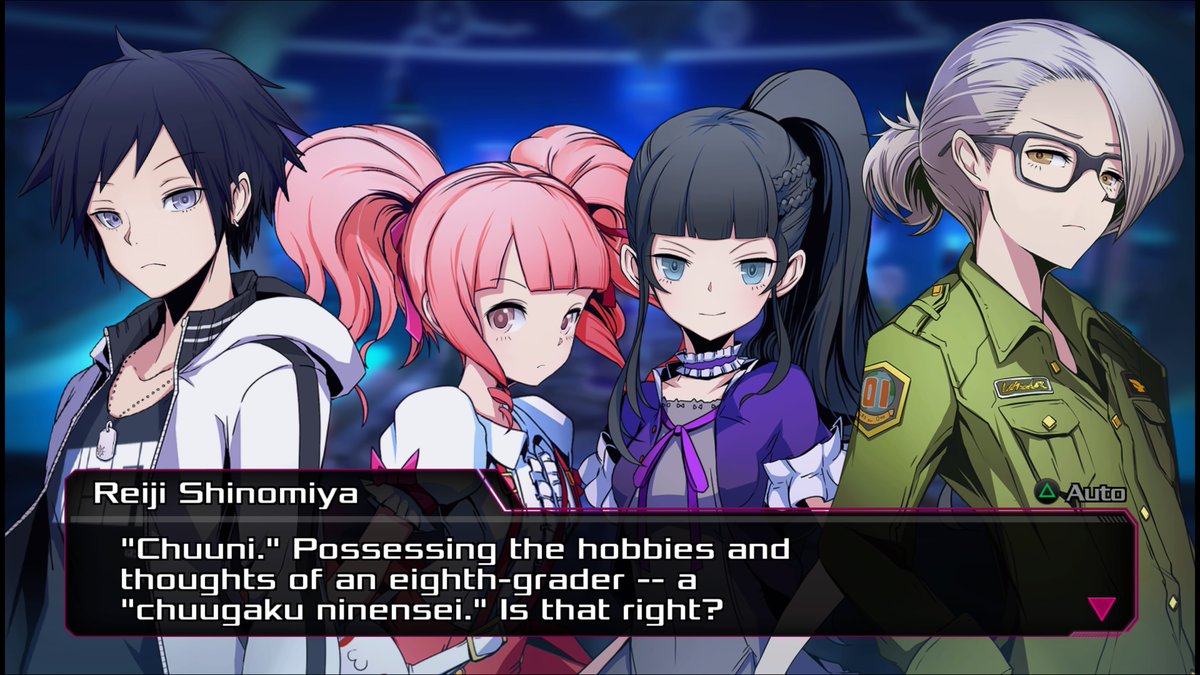
-
Akiba's Beat
